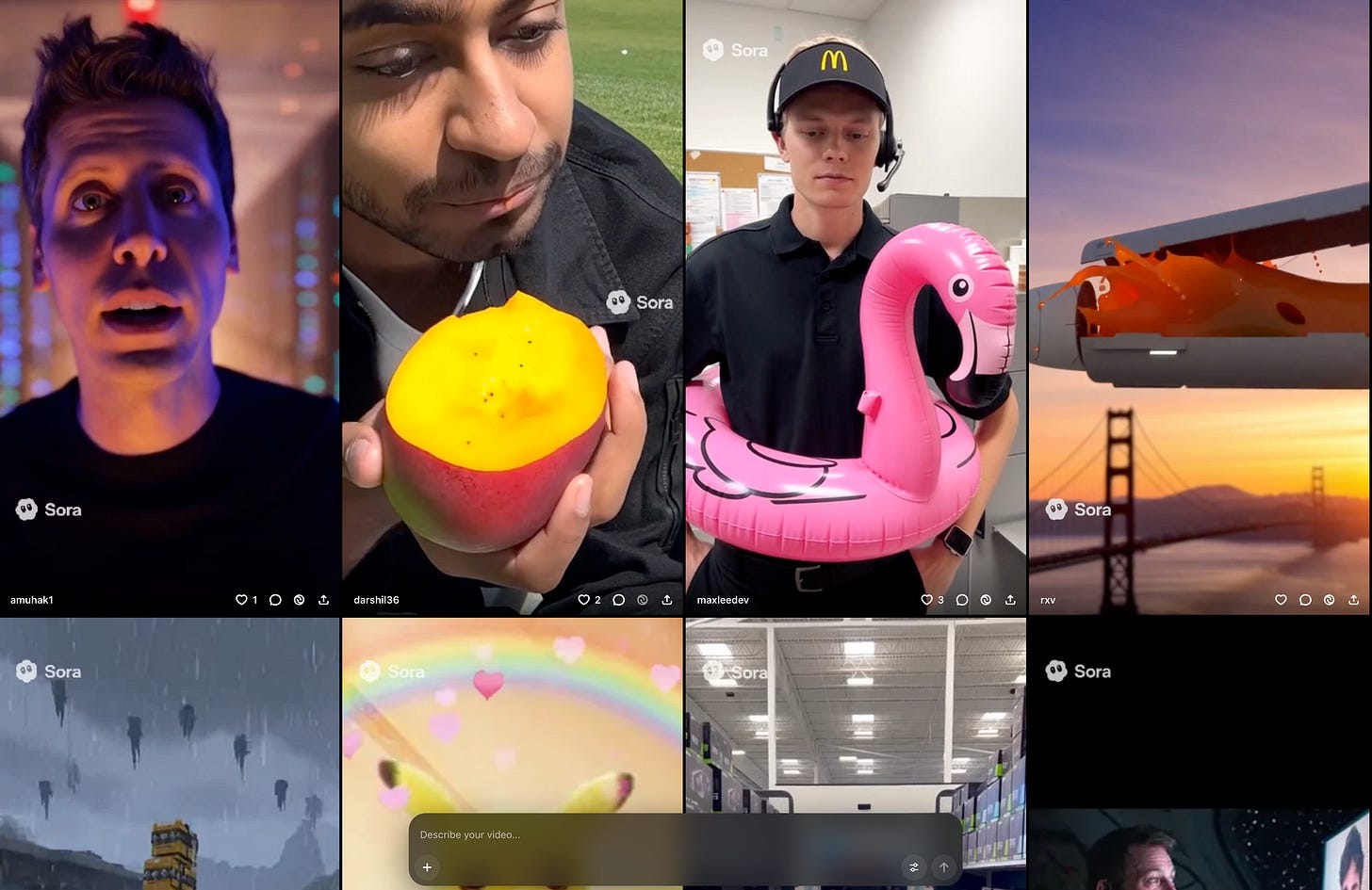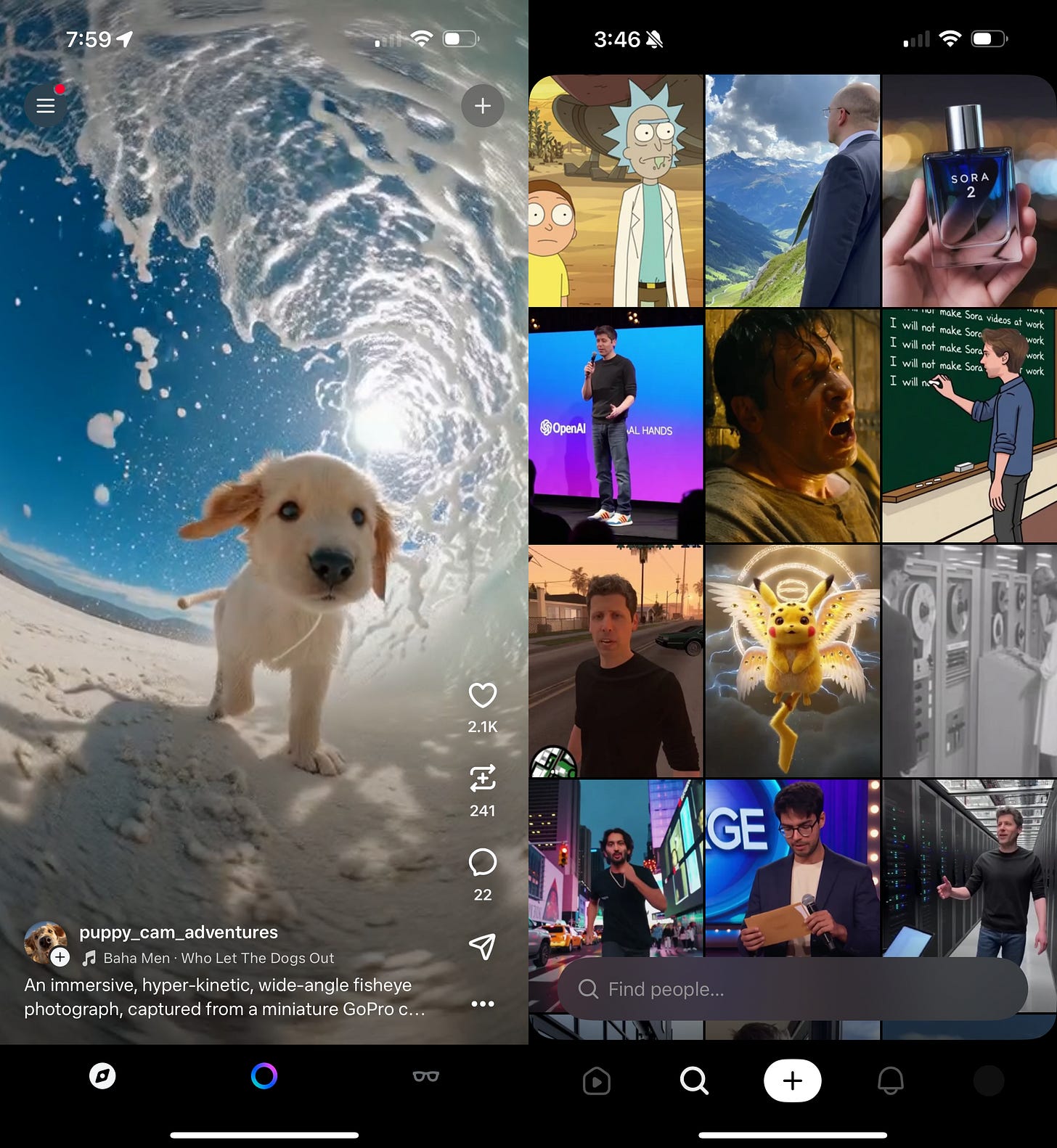OpenAI made AI Vine
Also: My chat with Daniel Ek about stepping down as CEO of Spotify, some good links.
OpenAI just made AI Vine. For now, Sam Altman is its star.
That’s my takeaway from playing with the new Sora app this afternoon. The first thing you notice about the Sora experience is how silly it feels. Even though it’s all AI-generated, the human “cameo” feature that uses someone’s likeness makes it feel fun and surprisingly human, too.
For now, Altman has defaulted to letting anyone make a Sora video using his likeness, which has made him inescapable when you swipe through the app’s feed. The user base is quite small (yes, it’s still invite-only, and I apologize, but I don’t have codes to share), and until today, it has consisted of only recently onboarded OpenAI employees. It will be interesting to see how Altman and other public figures handle the use of their likeness as more people get access.
It’s clear that, as The Wall Street Journal reported, OpenAI is taking a ‘ask for forgiveness, not permission’ approach to IP. A video I tried to make that included “Superman” in the prompt wouldn’t render, but Sora had no problem making me look like Supes-meets-an-Avenger when I wrote a “flying superhero with a red cape.” There are plenty more examples of more egregious IP grifting that I’m sure already have a lot of lawyers frothing at the mouth.
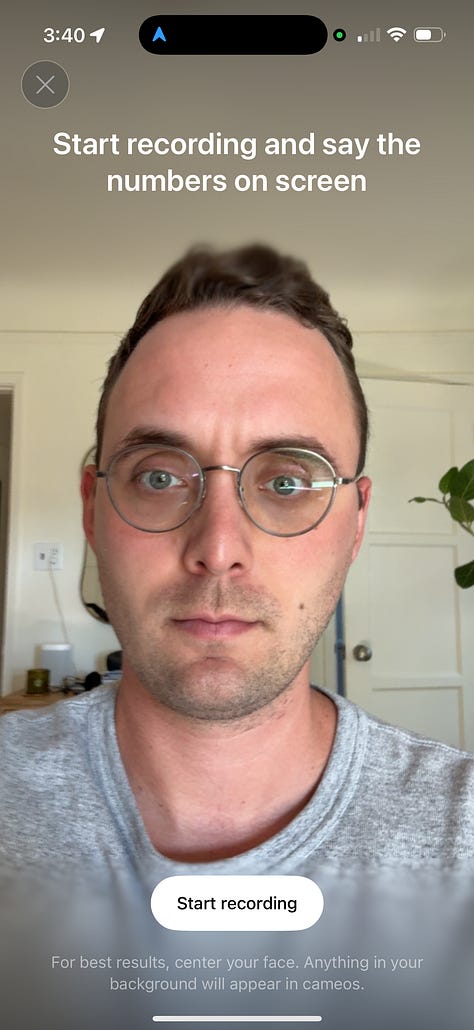
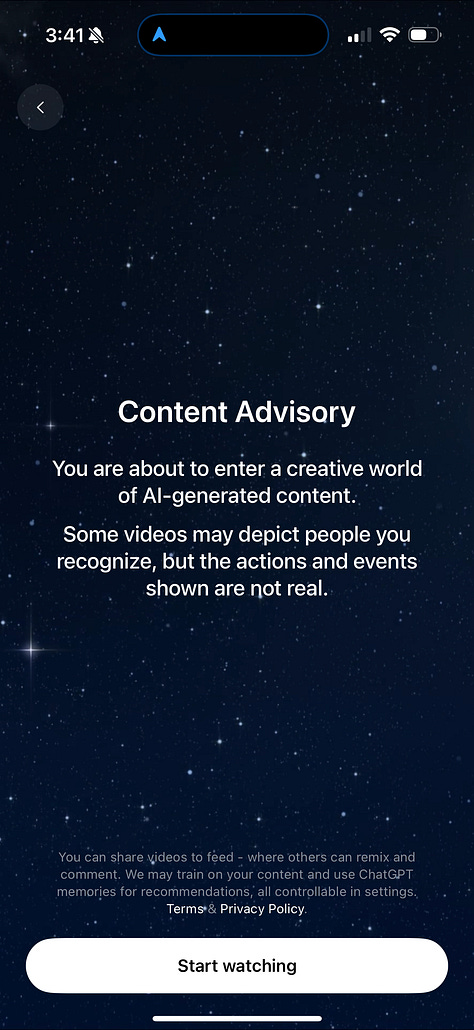
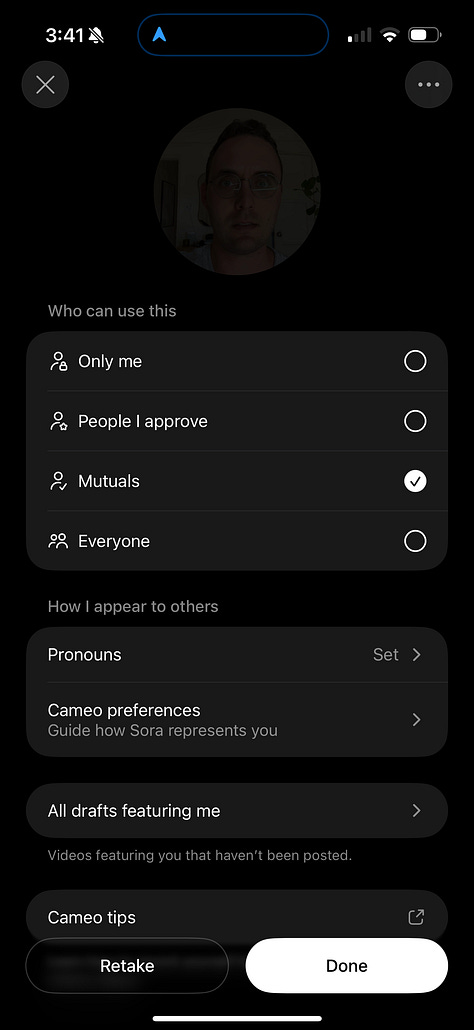
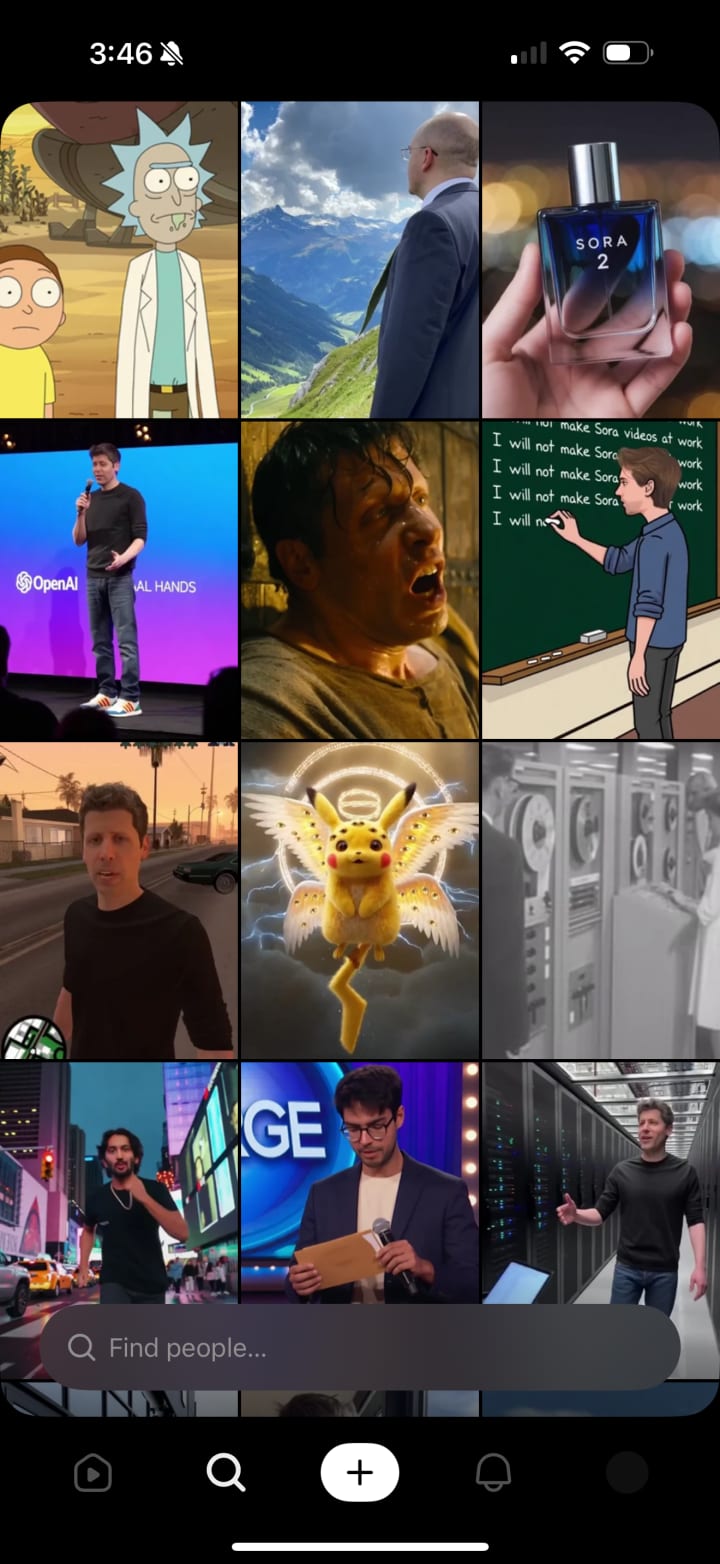
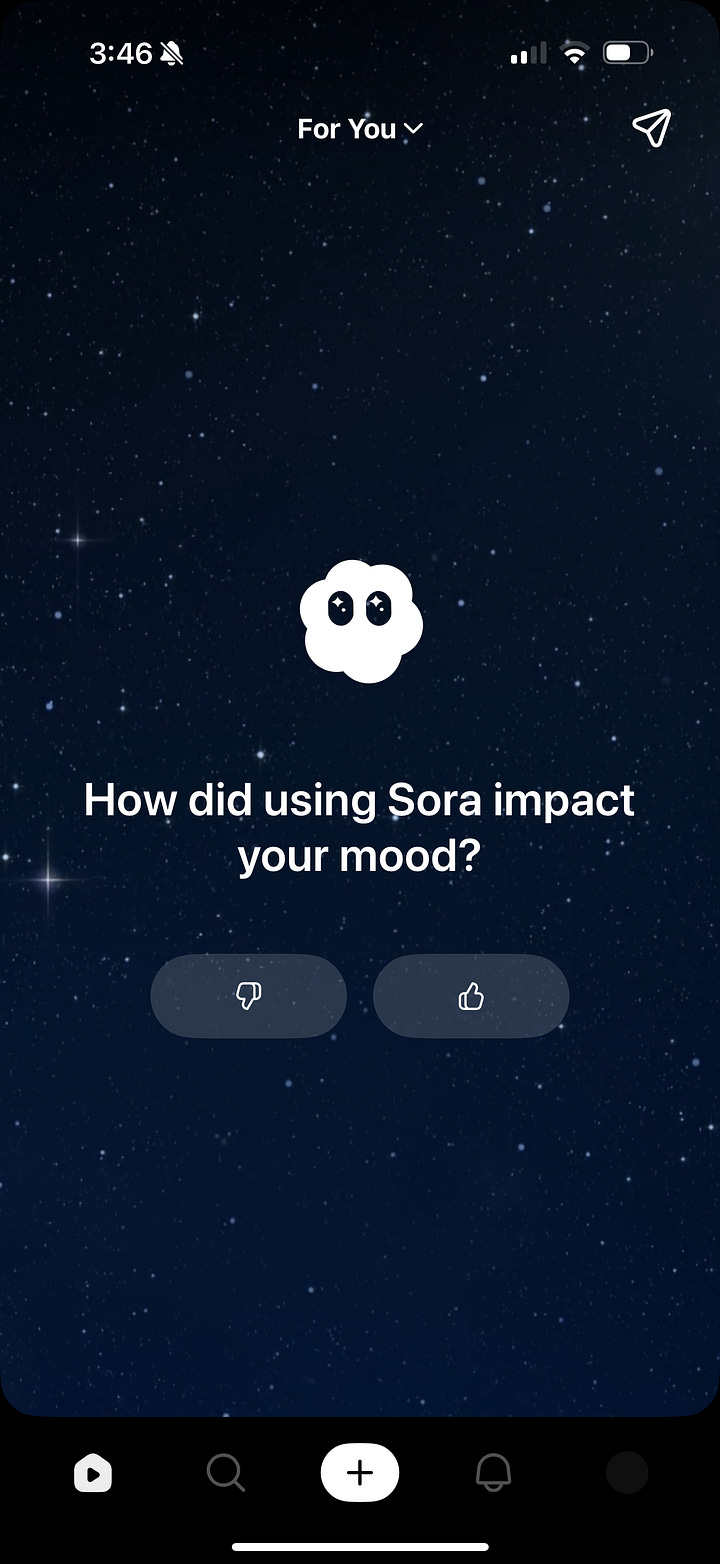
What’s also clear is that Meta rushed out its half-baked Vibes AI video feed because it knew today’s OpenAI drop was coming. In hindsight, this move suggests a lack of confidence. The tech crowd ruthlessly dunked on Vibes when it came out for being mindless AI slop, and while I’ve seen some of those responses to Sora too, it’s telling how much warmer the reaction has been.
It turns out that people may not mind AI slop as long as they can be part of it with their friends. That Meta, the most successful social media company in history, apparently did not understand this, while OpenAI did, is striking.
I’m sure Meta will refine Vibes. The Sora app is certainly a motivator to do so. However, the first round of this battle goes to OpenAI for creating something that feels fun and yet still strangely human.
If you’re curious to learn more about the Sora app, I recommend watching OpenAI’s announcement video, especially the second half, which discusses how the team considered the trade-offs of a product like this and the concerns they had about shipping it. Sam Altman’s blog post is also worth reading.
A few other observations:
You sign into the Sora app with your ChatGPT account, which, to my knowledge, is the first example of OpenAI using its account system as an identity layer for another app. This idea has been a long-time pet project of Altman’s, and I’ll be curious to see if it appears in other apps that OpenAI doesn’t own.
Aside from “for you” and “following,” you can “pick a mood” for your Sora feed. This flips a decade of algorithmic social media on its head by letting users dictate what they would like to see, much like a ChatGPT prompt, and I expect it to become commonplace across other platforms over time.
Sora “may consider your ChatGPT history” when generating a video, unless you turn the setting off. ChatGPT is a goldmine of valuable intel for personalization (and eventually, ads), and OpenAI clearly knows this.
(Speaking of OpenAI, I’ll be at DevDay in San Francisco on Monday. If you’re reading this and will be there too, drop me a line.)
My chat with Daniel Ek
Keep reading with a 7-day free trial
Subscribe to Sources to keep reading this post and get 7 days of free access to the full post archives.



